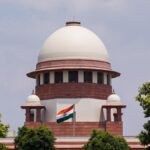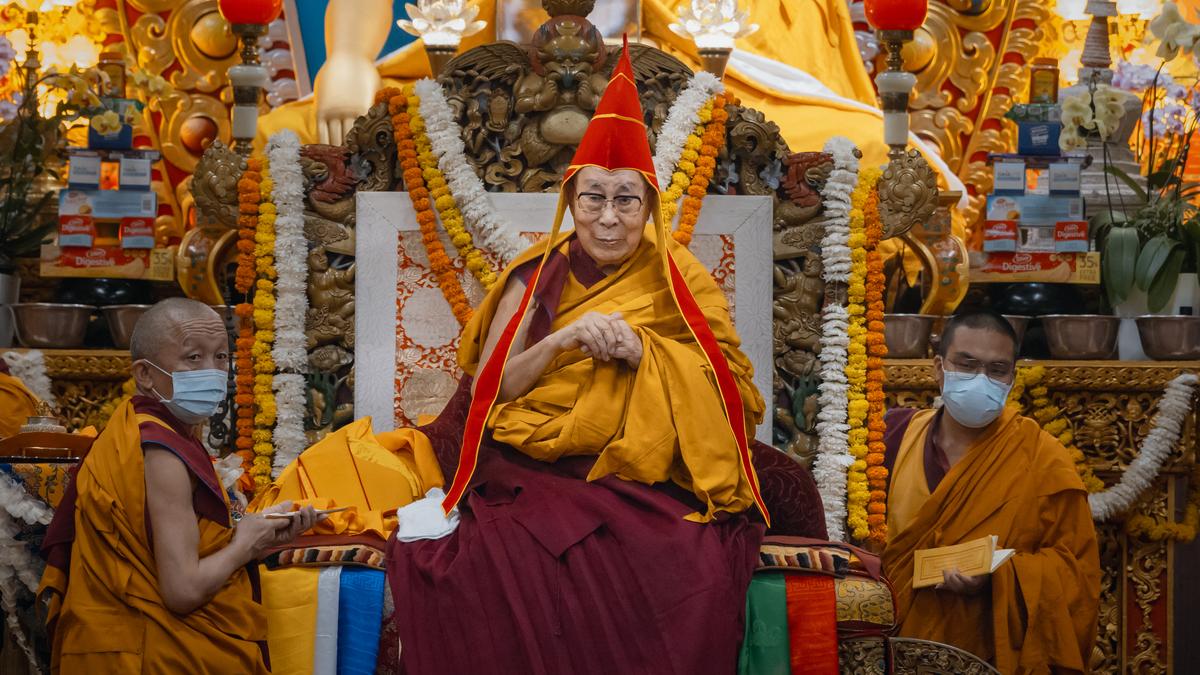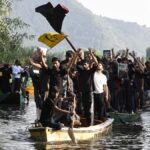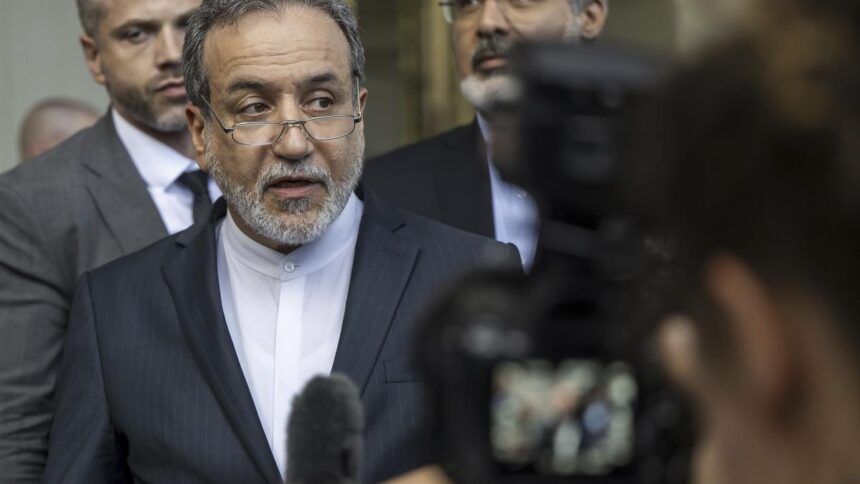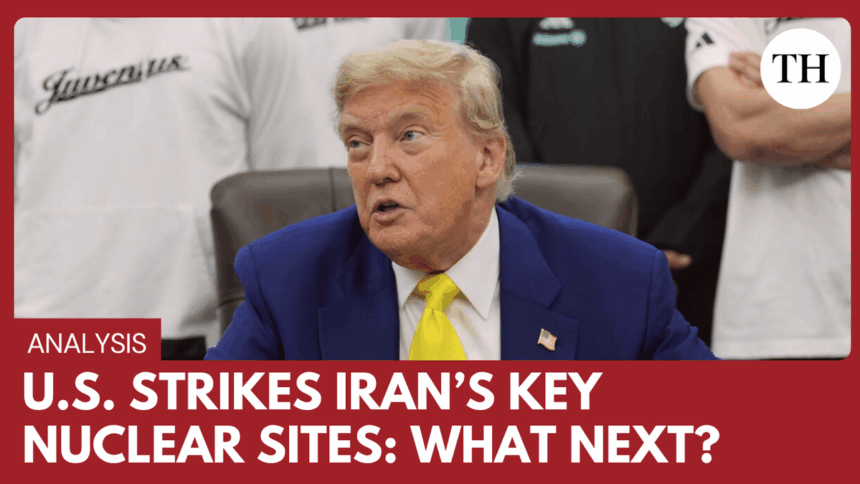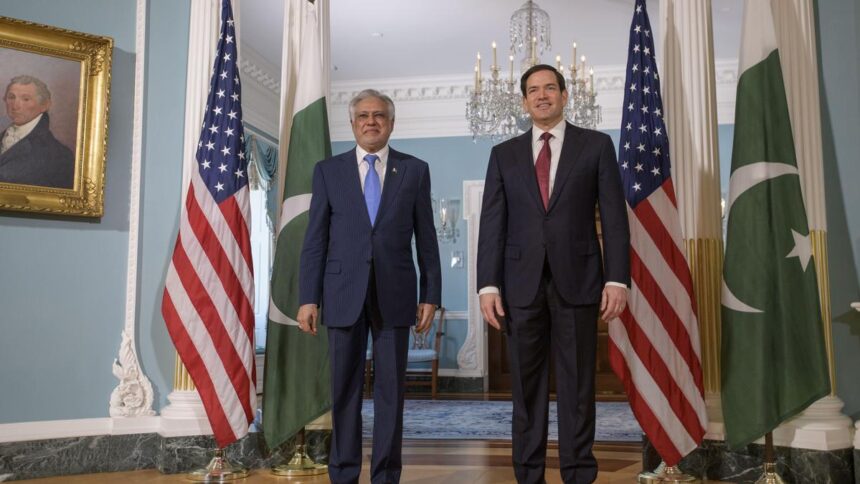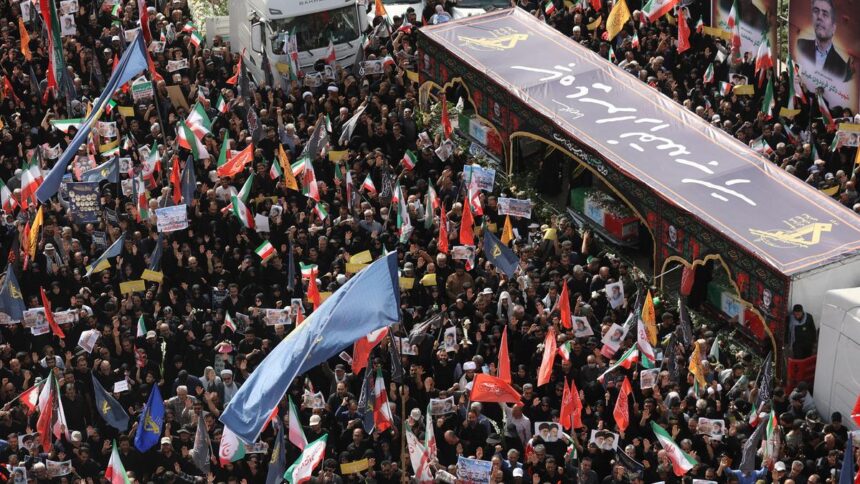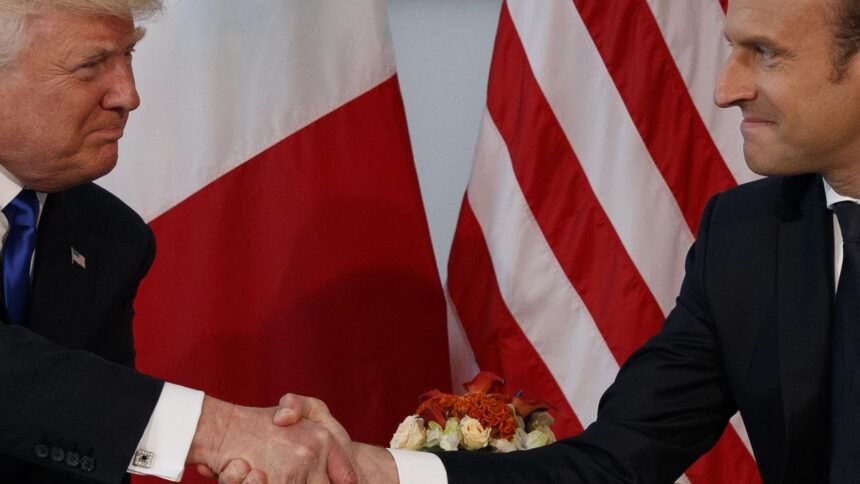The 14th Dalai Lama’s announcement in Dharamshala this week, asserting for the first time that the line will continue after him, was welcomed by followers of Tibetan Buddhism and fans of its Spiritual leader worldwide. However, it was his statement that the succession would be decided by the Gaden Phodrang Trust, which would be the “sole authority” on the issue, that has sparked a sharp response from Beijing, which believes it must be given the right to “approve” the candidate.
In an ironic twist for the Communist Party-led Chinese government in Beijing, it cites a Qing dynasty tradition, used a few times, of picking the Dalai Lama’s successor through lots from a “Golden Urn”, as the method it hopes to follow. For the Dalai Lama, who has lived in India since 1959, when he fled Lhasa years after the Chinese annexed Tibet in 1951, it will be the Gaden Phodrang trust he set up in 2011, which he heads, along with an alternate Chairperson, who is also one of the most respected lamas in the community, Samdhong Rimpoche, that will take the call.

While the trust was formally set up and registered in Dharamshala in the previous decade, the institution of Gaden Phodrang Labrang goes back hundreds of years, and refers to the office of the Dalai Lama as a continuing institution from the time of the 5th Dalai Lama. Gaden Phodrang was the name of the Tibetan government, established by the 5th Dalai Lama, Ngawang Lobsang Gyatso or ‘the Great Fifth’, as both the Spiritual and Political head of a unified Tibet. It was coined from the name of the historical estate of the Dalai Lamas at the Drepung Monastery, before the iconic Potala Palace was constructed.
Separation of powers
In 2011, the 14th Dalai Lama set up the Gaden Phodrang Trust as he decided to separate the Spiritual and Political powers of his post. “I have now voluntarily brought this [unified power] to an end, proud and satisfied that we can pursue the kind of democratic system of government flourishing elsewhere in the world”, he said, handing over the responsibility for the welfare and governance of the Tibetan community worldwide to the Sikyong, Central Tibetan Administration (CTA) and the Tibetan Parliament in Exile (TPiE) that are elected every five years.
Within his own office, the Office of His Holiness The Dalai Lama (OHHDL), he set up the Gaden Phodrang Trust to ensure the continuity of spiritual and traditional issues, and the Dalai Lama Trust that undertakes charitable and welfare initiatives. Another branch, the Gaden Phodrang Foundation, was set up as a “non-profit, tax-exempt institution registered in the Canton of Zurich and under the supervision of the Swiss Federal Department of Home Affairs” to promote non-violence and increase synergies between religion and science. “There should be no confusion, the Gaden Phodrang Trust that His Holiness (Dalai Lama) referred to is an entity in India,” said Dhundup Gyalpo, Secretary of the Bureau of His Holiness the Dalai Lama in New Delhi.

According to the Dalai Lama’s 2011 statement, which he has now reaffirmed, officers of the Gaden Phodrang Trust would bear the responsibility to recognise the 15th Dalai Lama — by a process he would leave written instructions about. This would include consulting various heads of Tibetan Buddhist traditions, seeking advice from them on the procedures required to search for the next Dalai Lama, believed to be reborn or reincarnated from the present one.
“Bear in mind that, apart from the reincarnation recognised through such legitimate methods, no recognition or acceptance should be given to a candidate chosen for political ends by anyone, including those in the People’s Republic of China”, the Dalai Lama said in the statement dated September 24, 2011. In his latest statement, dated July 2,2025 the pontiff hasn’t directly named China, but repeated the mandate, saying unequivocally that the “Gaden Phodrang Trust has sole authority to recognize the future reincarnation; no one else has any such authority to interfere in this matter”.
In his latest book, Voice for the Voiceless, the Tibetan leader has also said that given the role the next Dalai Lama must fill, it is necessary that his successor be born in the “free world”, meaning outside of the Tibetan Autonomous Region (TAR) in China.
At a press conference in Dharamshala ahead of the Dalai Lama’s 90th birthday that falls on July 6, Prof. Samdhong Rimpoche said that the announcement has clarified the task ahead of the Gaden Phodrang Trust. Mr. Rimpoche added, however, that there may be some time before it needs to fulfil its mandate, particularly as the pontiff, who he said is in “good health”, himself has said he expects to live to 110 years.
Published – July 06, 2025 01:20 am IST



